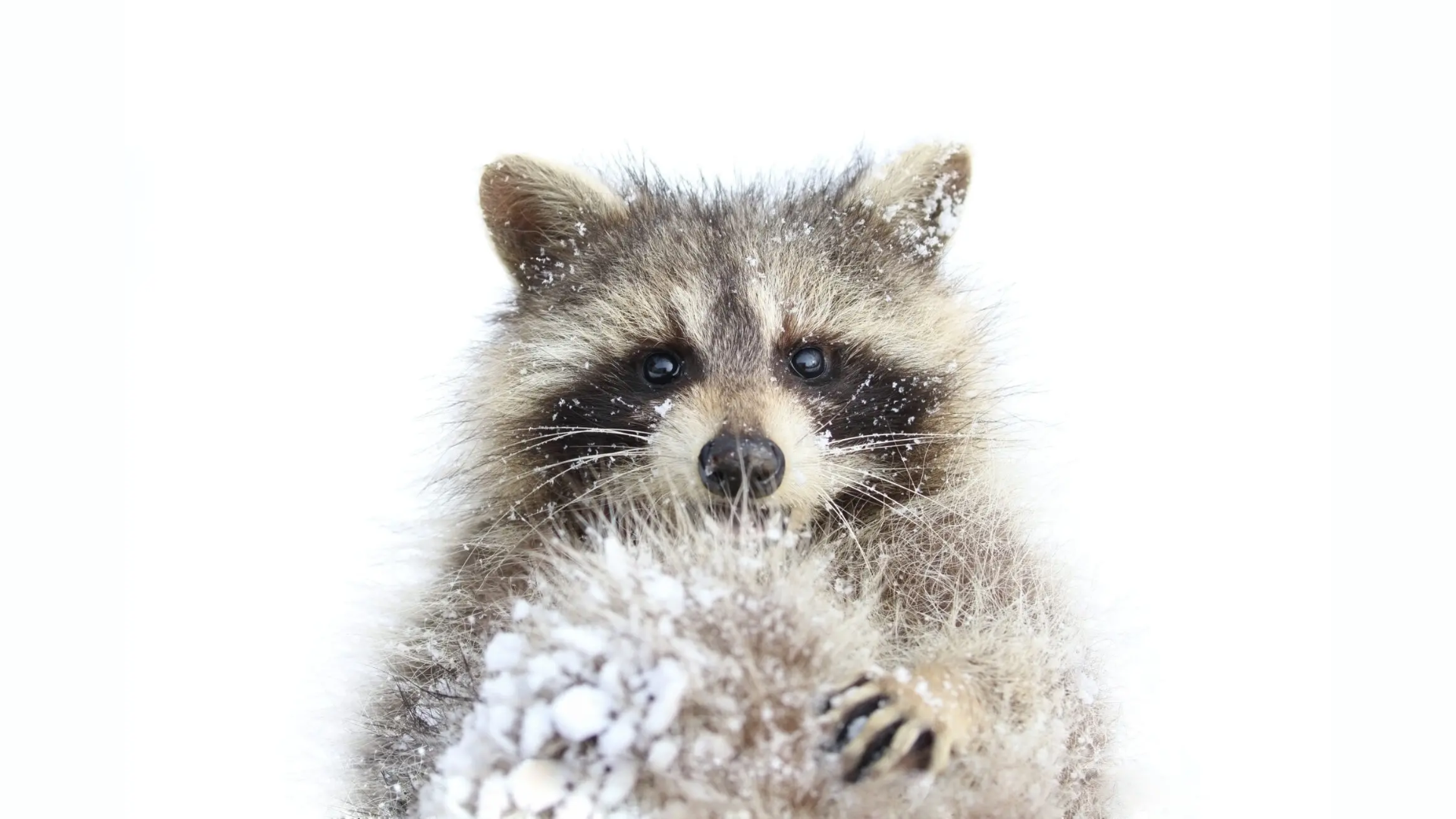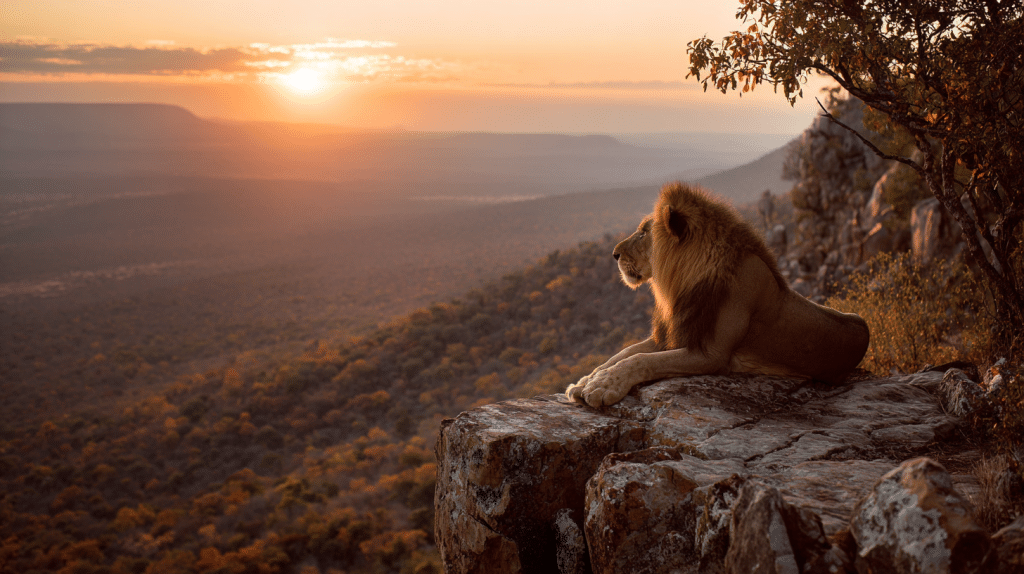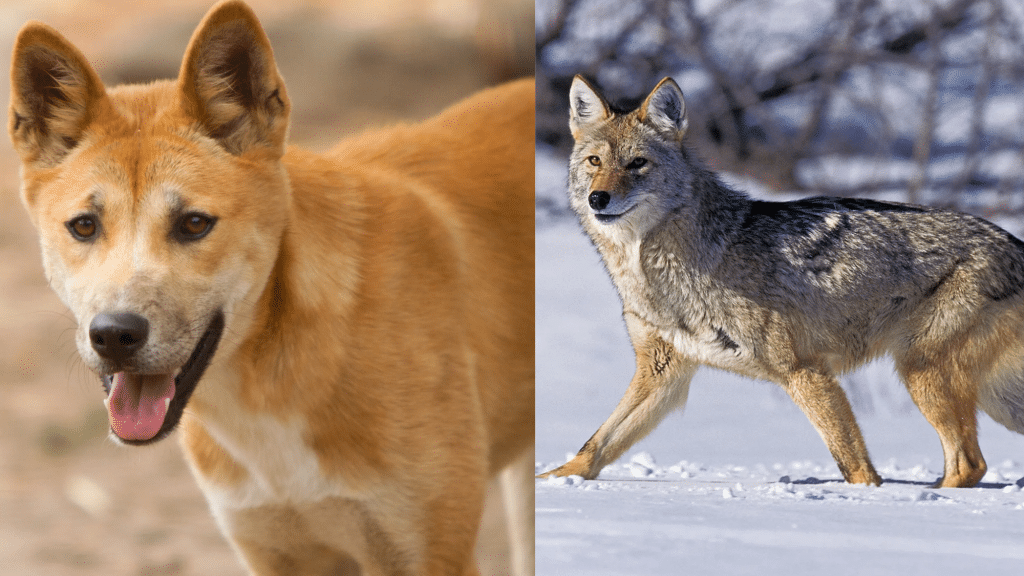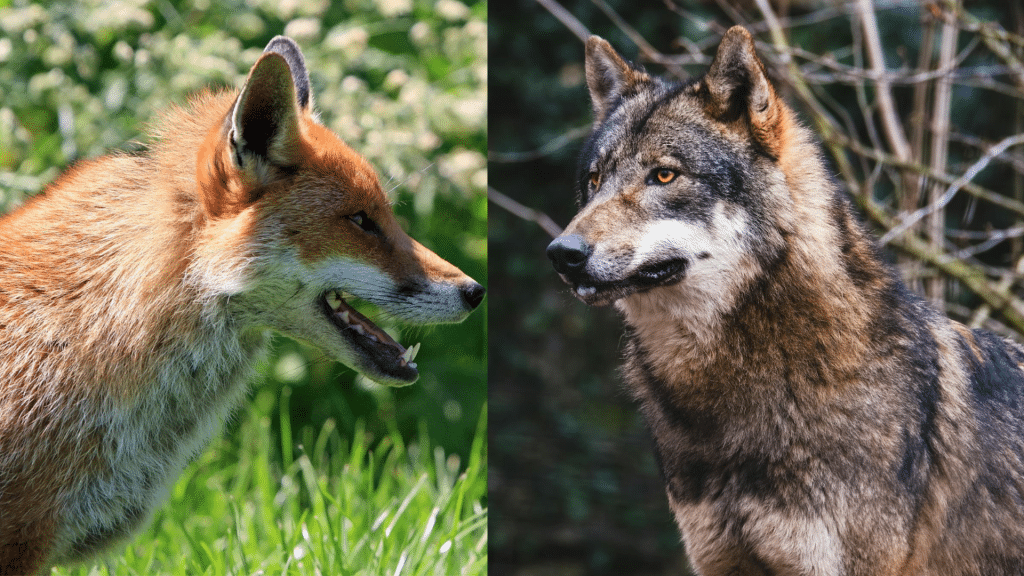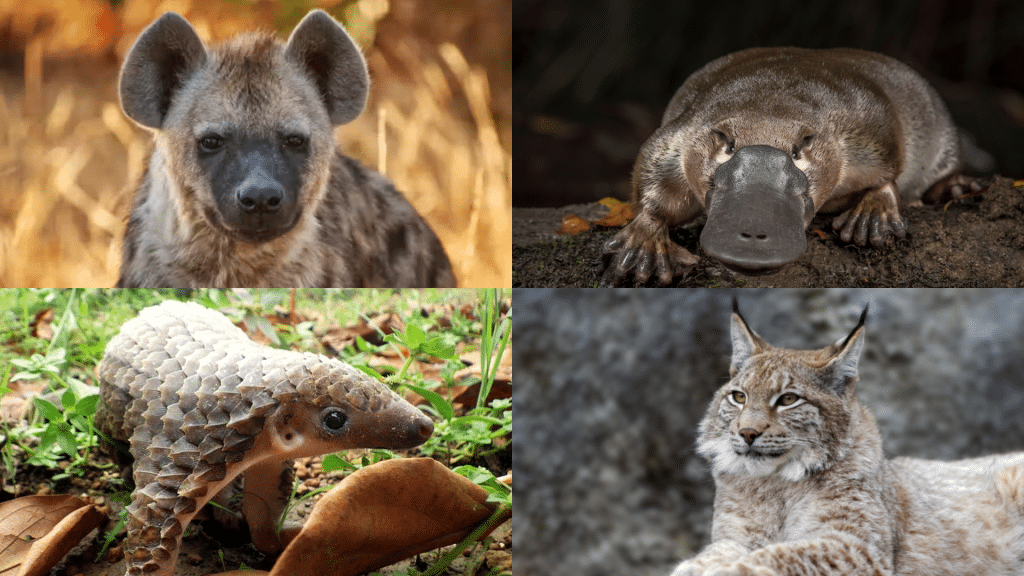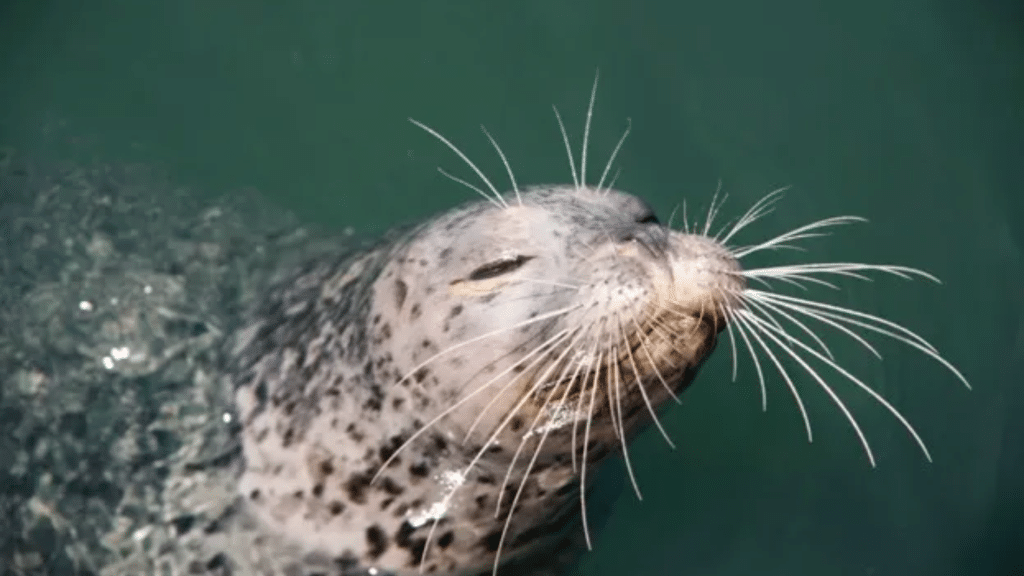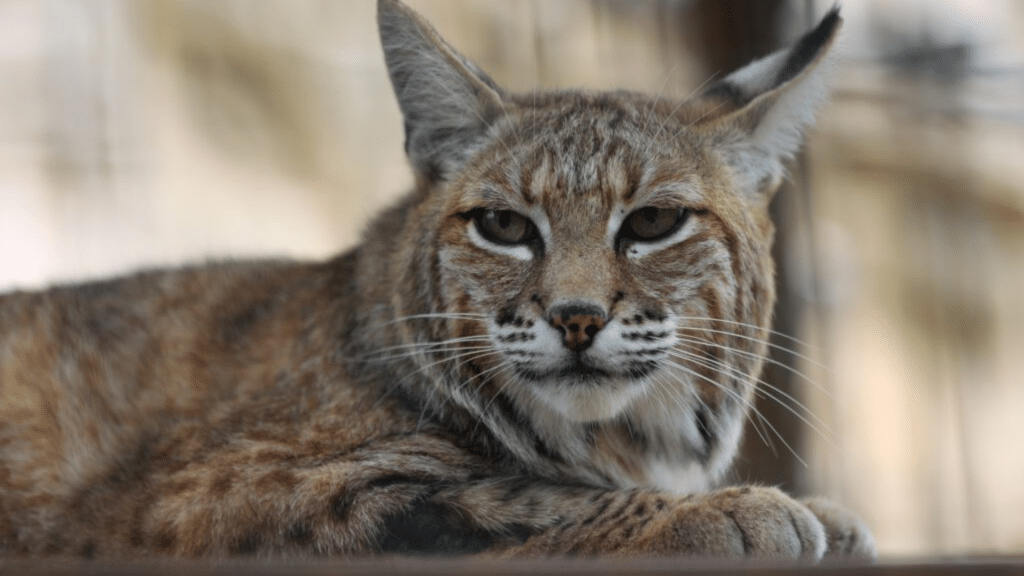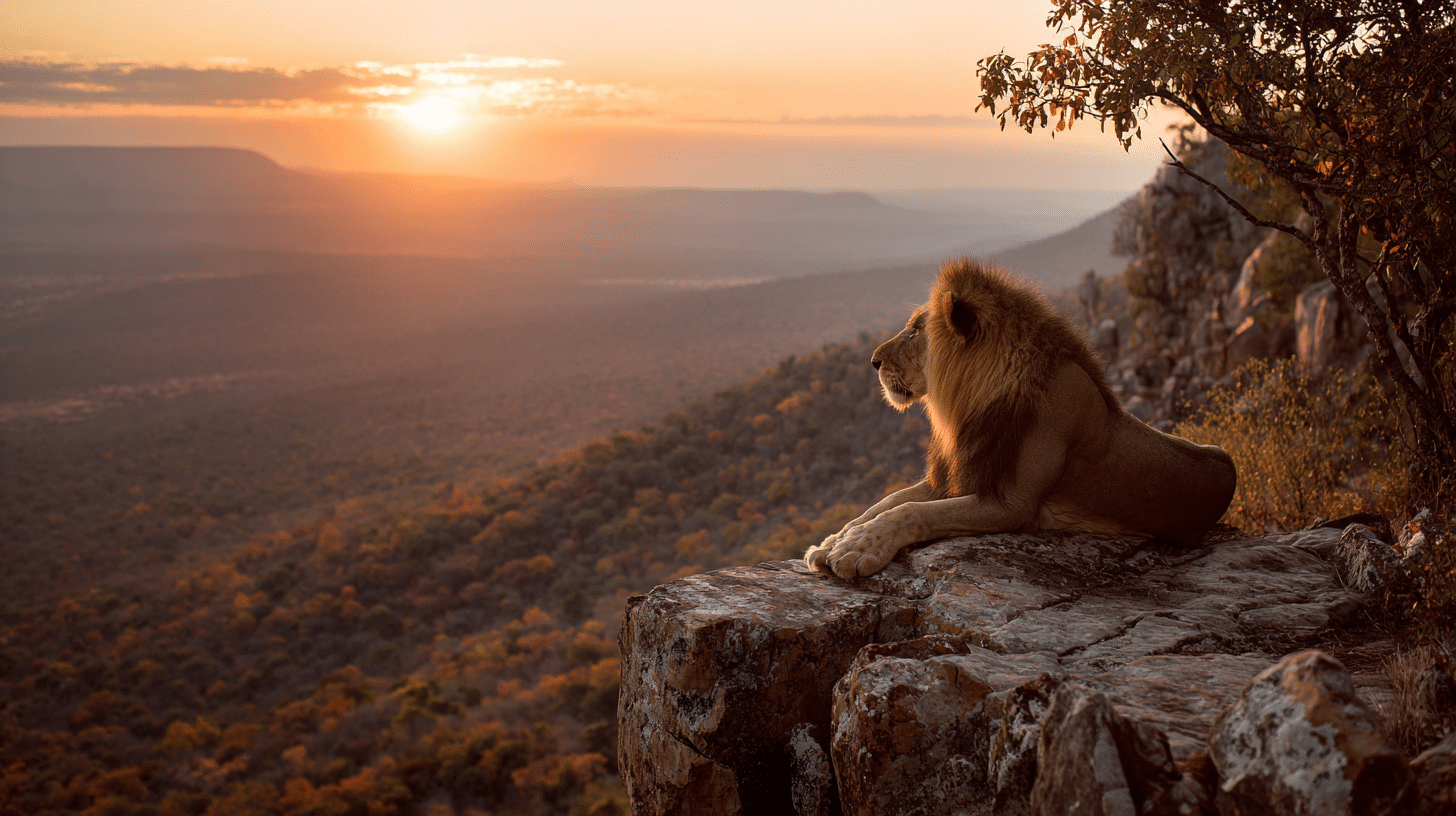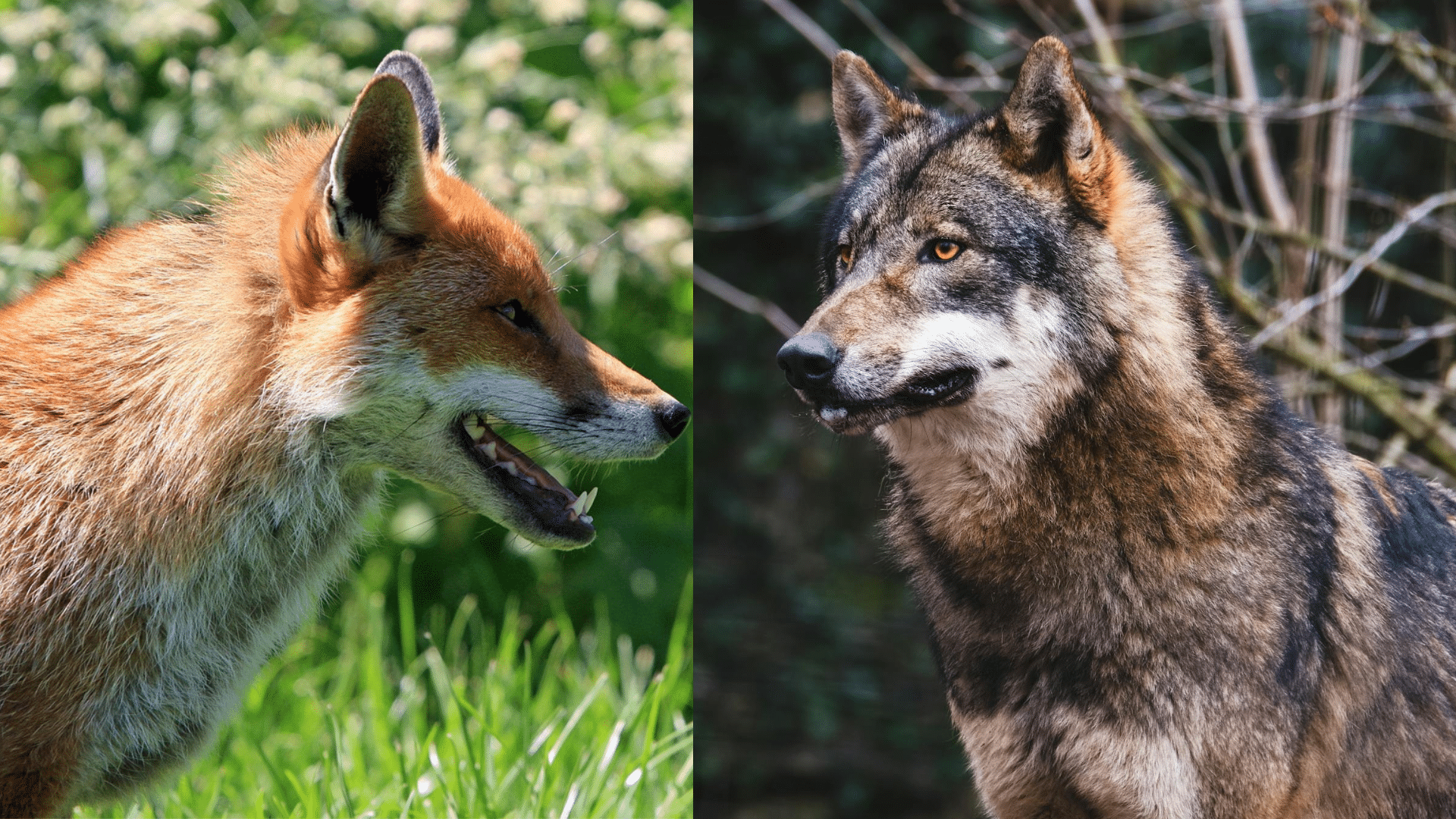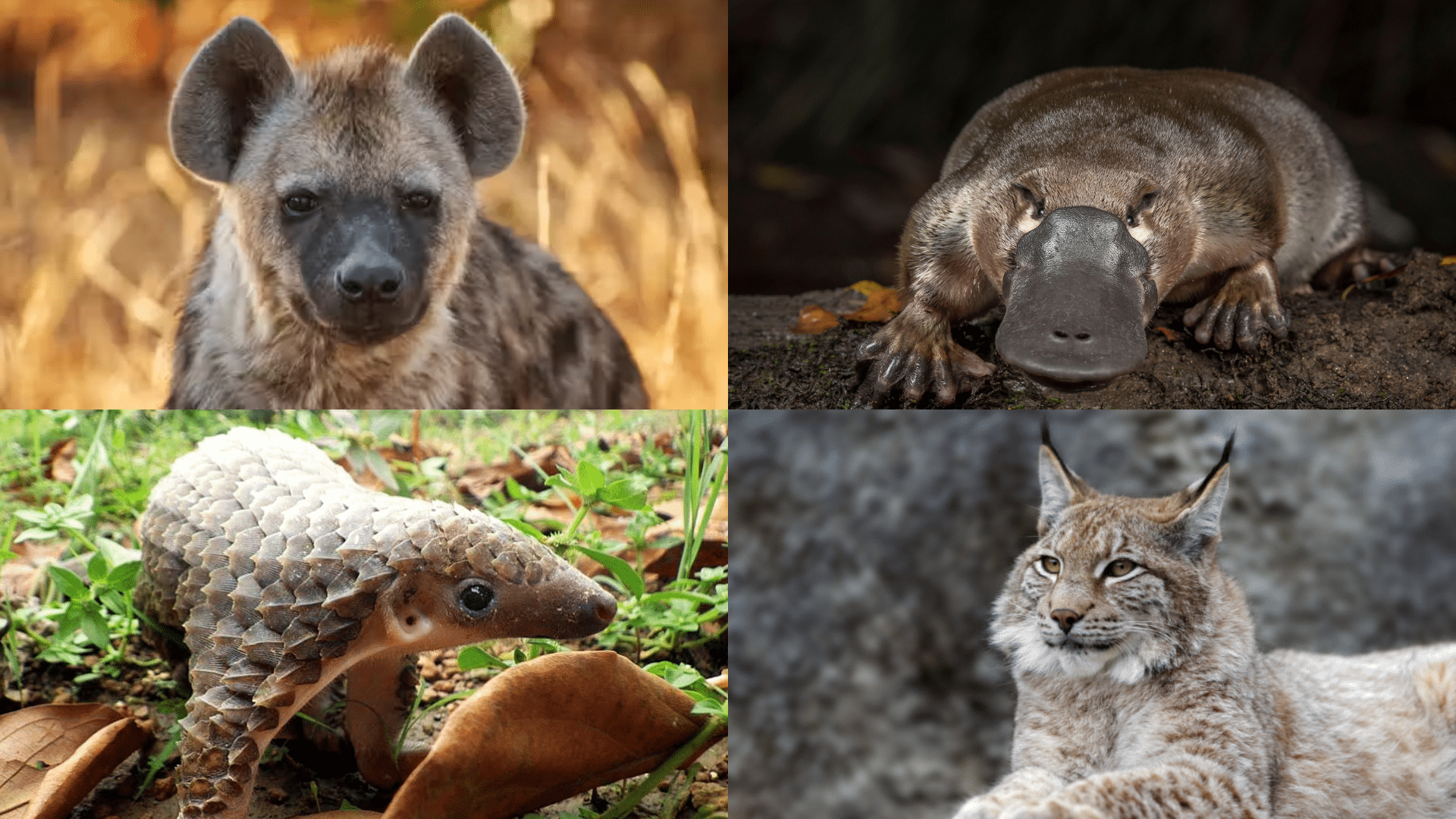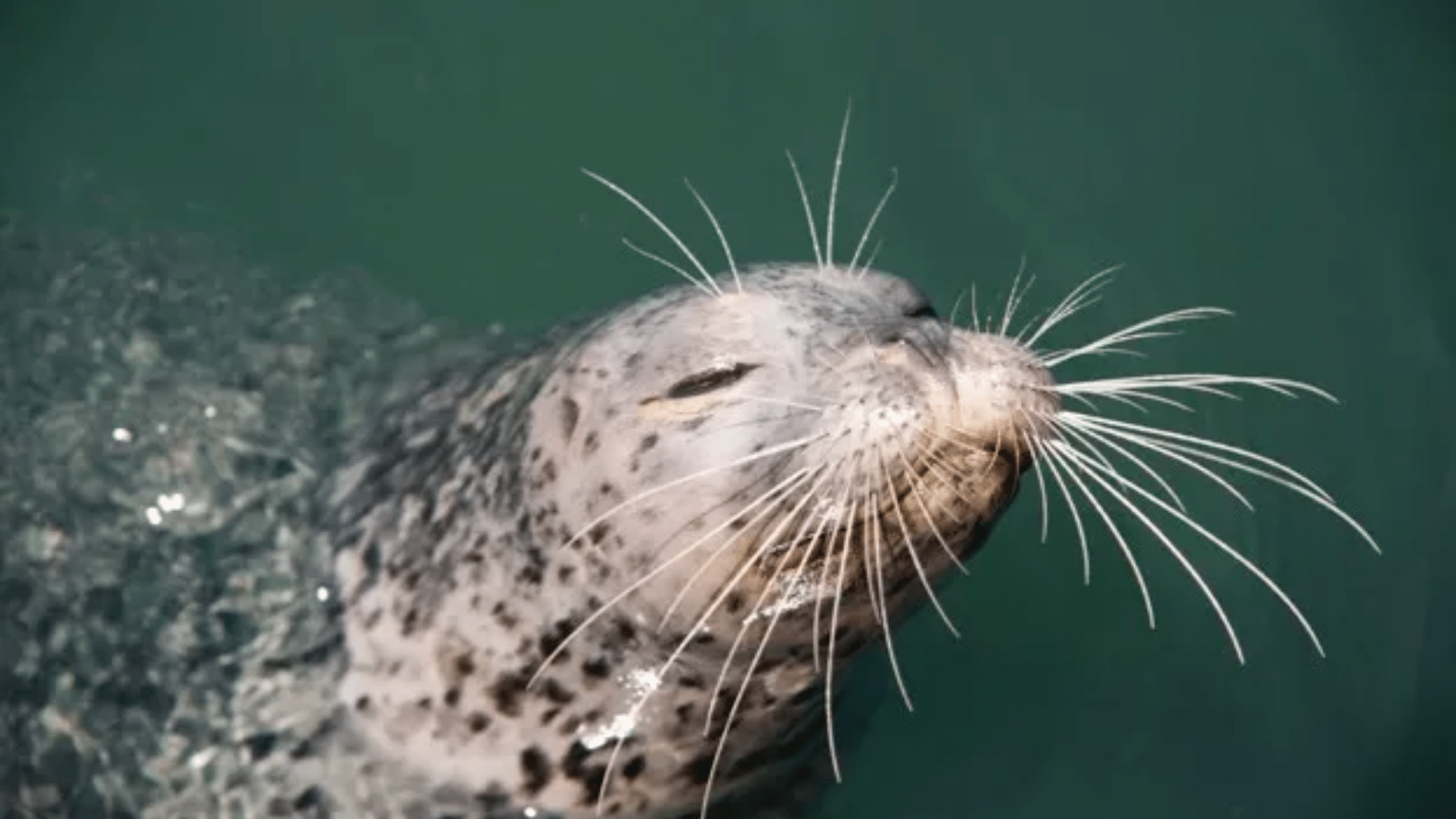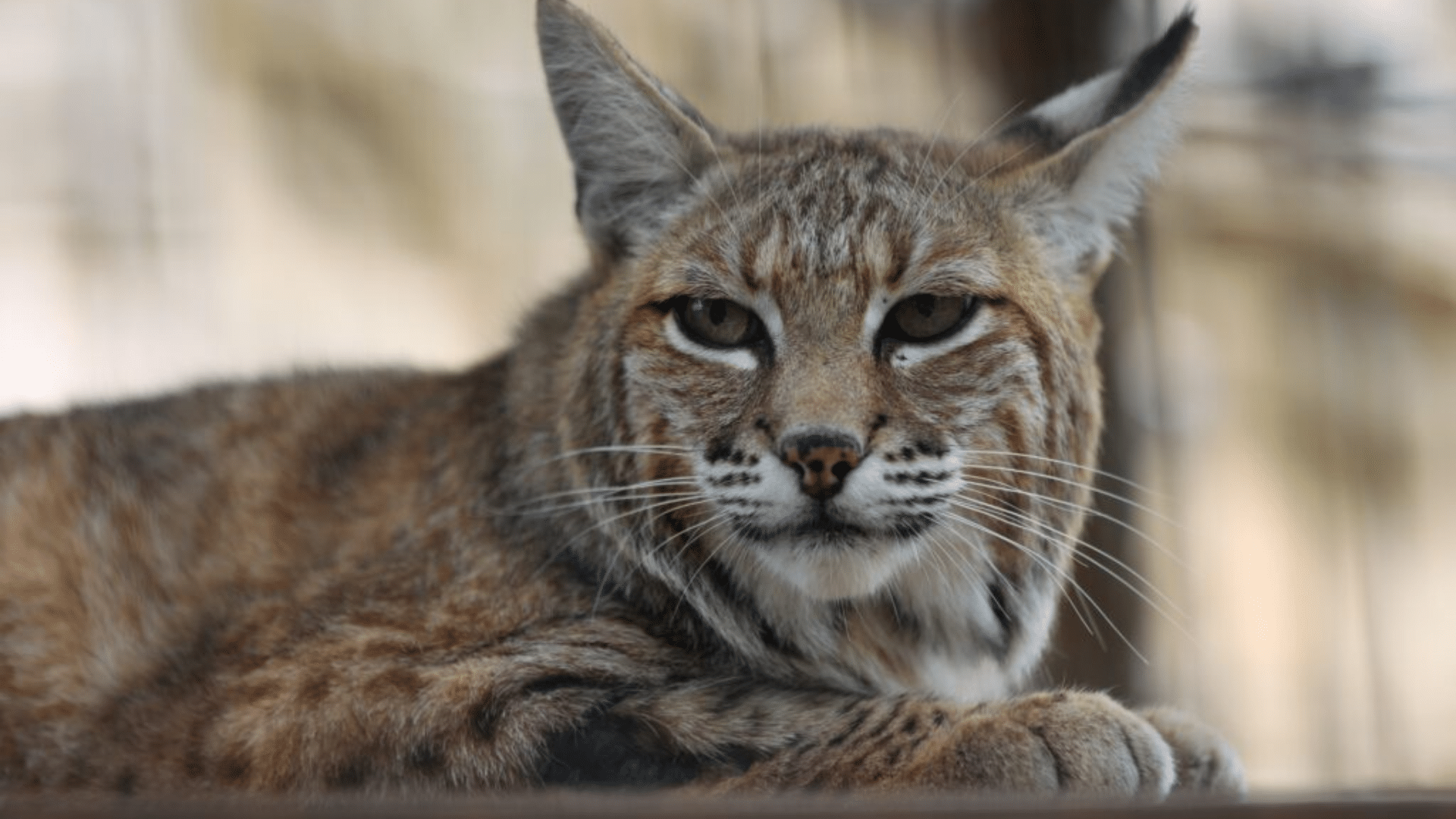When winter arrives, many animals hibernate to escape the chill, but what about raccoons? These clever little creatures don’t follow the same winter routine as some of their furry neighbors.
Instead of settling down for a long, deep sleep, they adapt in their unique way.
So, what exactly do raccoons do when the cold hits?
Do they become completely inactive, or do they have a different strategy to get through the harsh months?
Before examining these animals’ winter habits and learning how they survive the cold, it’s important to determine whether they hibernate.
Do Raccoons Sleep All Winter?
Raccoons do not sleep or fully hibernate. Instead, they enter a state called torpor, characterized by reduced activity.
Unlike true hibernators, raccoons will not sleep through the entire winter, but they do rest for extended periods, particularly in the coldest months.
During this time, they conserve energy by staying in their dens, reducing movement, and food intake. Their activity levels fluctuate in response to weather conditions, food availability, and mating behaviors.
Difference Between Hibernation vs Torpor
| Hibernation | Torpor |
|---|---|
| A deep, prolonged state of dormancy, usually lasting weeks or months. | A short-term, energy-saving state of reduced metabolic activity, lasting from hours to days. |
| Typically seen in animals that live in colder climates, such as bears. | Seen in many animals, including raccoons, as a temporary response to cold weather or low food availability. |
| Body temperature drops significantly, and the animal may not wake up for months. | Body temperature drops slightly, and the animal can wake up quickly if disturbed. |
| Animals in hibernation may not eat or drink during this period. | Animals in torpor can wake up periodically to eat, drink, or move. |
Adaptation Methods for Winter Survival
Raccoons have developed a range of impressive adaptations that help them survive harsh winter conditions.
As nocturnal and highly resourceful animals, they rely on a combination of physical and behavioral strategies to survive when temperatures drop.
These survival tactics ensure that raccoons can stay active and healthy throughout the colder months, even in environments with limited food and shelter.
- Fat Storage: Raccoons build up significant fat reserves in the fall, which can sustain them through long periods of inactivity.
- Thick Fur: Their winter coat grows thicker, providing extra insulation against the cold.
- Omnivorous Diet: Their flexible diet allows them to exploit whatever food sources are available, including human garbage in urban settings.
These adaptation methods help raccoons survive the winter and make them highly adaptable to different environments, from rural forests to busy cityscapes.
Fun Facts About Raccoons
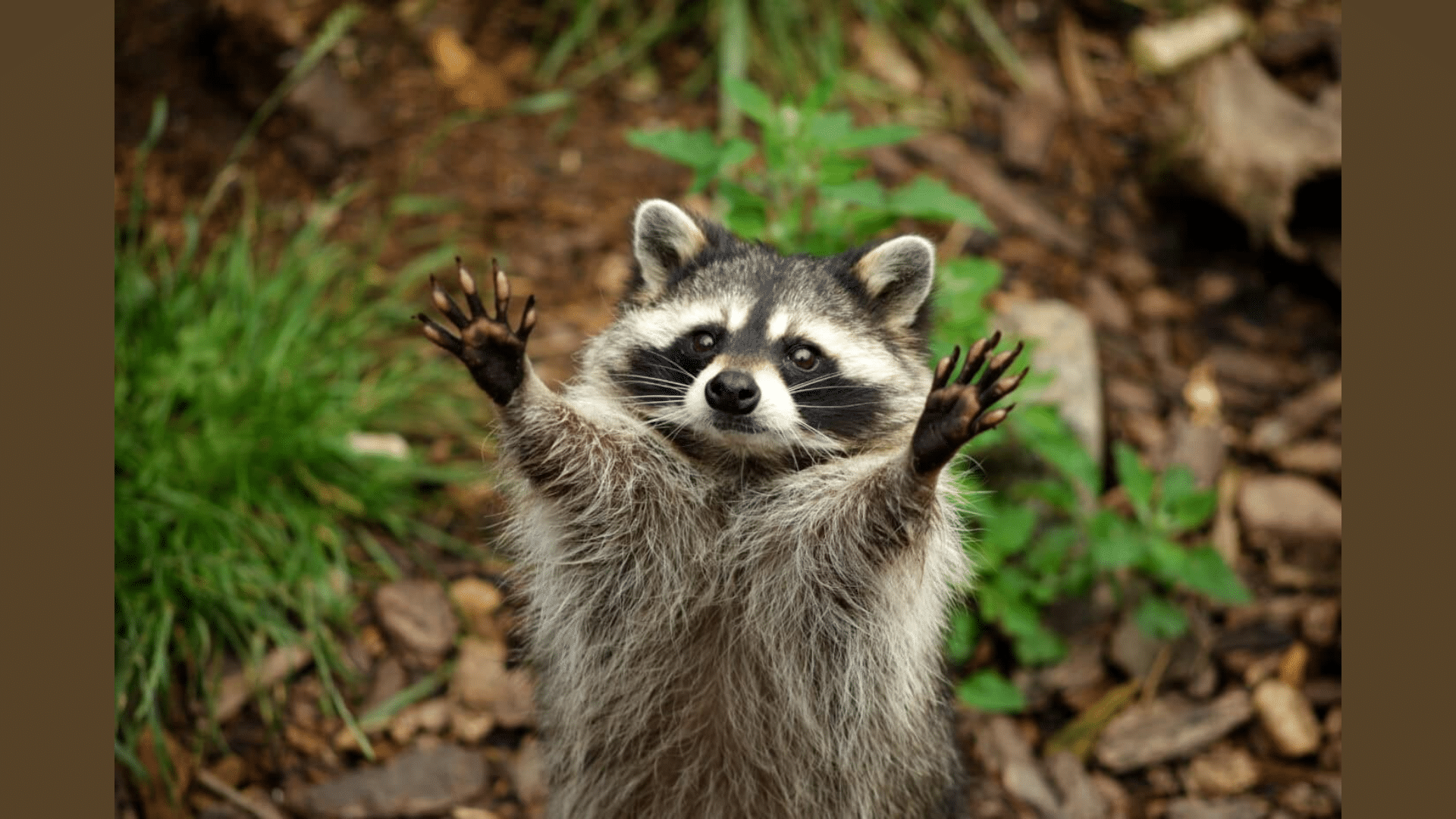
Here are some interesting facts about raccoons that highlight their amazing abilities and behaviors.
- Raccoons are excellent climbers and can scale nearly any surface, thanks to their sharp claws and nimble paws. This allows them to access food and shelter in surprising places.
- They are nocturnal creatures, meaning they are most active at night and have exceptional night vision aided by their mask-like facial markings.
- Raccoons often “wash” their food in water before eating, a quirky behavior that has puzzled scientists and observers alike.
- Their sensitive front paws allow them to identify objects by touch, often relying on this sense before using sight or smell.
- During harsh winter months, raccoons sometimes share dens with others to conserve body heat, even though they are usually solitary animals.
Summing It Up
Winter can be tough, but raccoons have their way of handling it. They don’t follow the usual patterns like other animals.
Instead of sleeping through the season, they find smart ways to stay safe, warm, and rested. With their curious nature and quick thinking, raccoons know when to stay still and when to move.
Whether it’s finding shelter or picking the right moment to look for food, they always find a way.
Last, but not least, they may not hibernate, but their clever winter strategy shows that their survival isn’t always about sleeping—it’s about knowing when to act.

